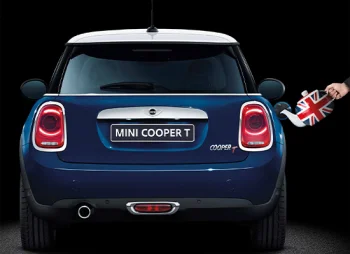It’s been almost seven years since the UK voted to leave the European Union, so why are we still talking about it?
Top car manufacturers are pushing back against post-Brexit rules, including trade tariffs on the sale of electric vehicles if their parts do not comply with the new ‘rule of origin’.
Whether or not you were Team Leave, or Team Remain, it was always clear that the UK extracting itself from the EU would not be a clean-cut affair.
Trade with our international neighbours has – and continues to be – a sticking point. For the British automotive industry, the trade tariff on electric vehicle parts imported from outside the UK may prove to be something of a stumbling block on the path to going ‘green’ in time for 2030.
At present, post-Brexit rules require 40% of an electric car’s parts to be sourced in the UK or EU if it’s to be sold on the other side of the Channel. Referred to as the ‘rule of origin’, failure to meet this requirement attracts a 10% trade tariff on every sale.
This requirement is expected to rise to 45% next year and again to 55% in 2027, putting further pressure on the British automotive industry’s transition to clean mobility.





